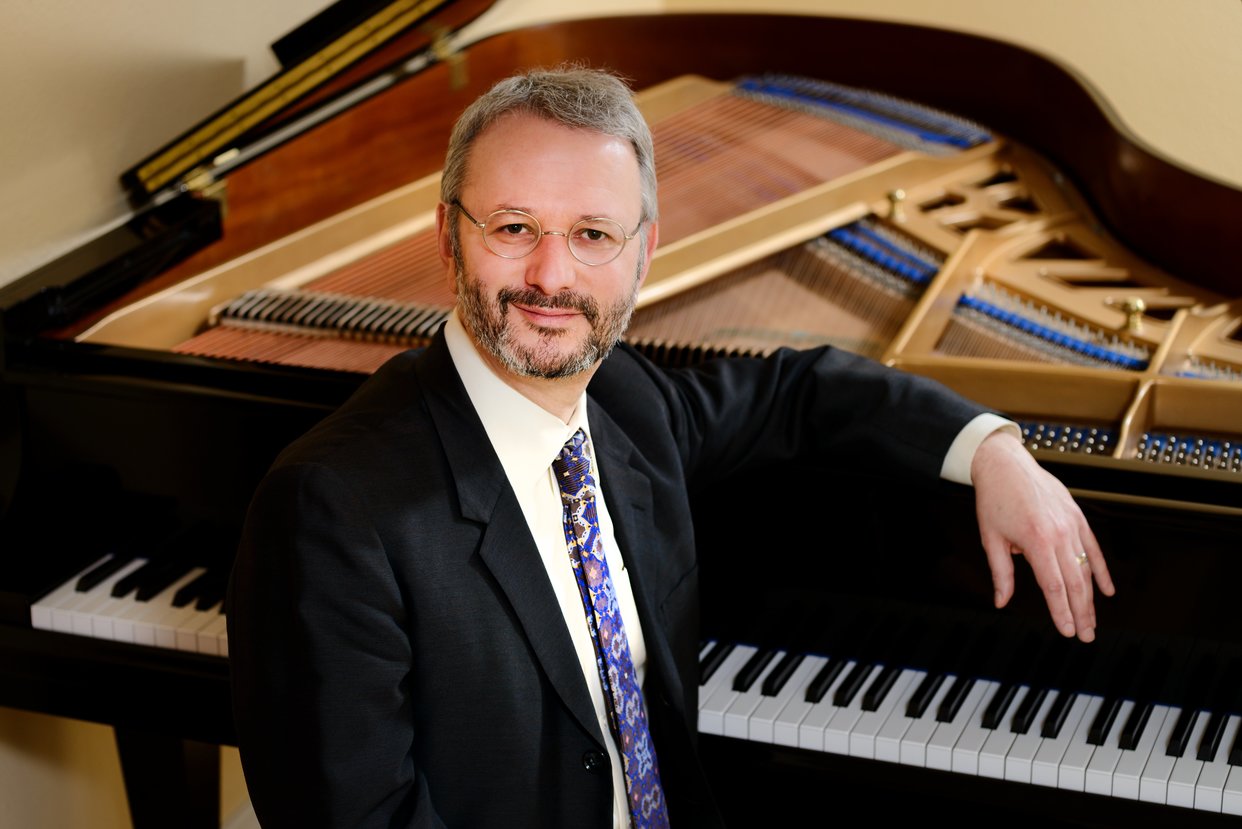
Here’s my report on Tippet Rise Art Center and its opening weekend for the 2022 season, which I wrote for Classical Voice North America:
FISHTAIL, Mont. — Set amid endlessly rolling hills, mesas, and grasslands that are framed by rugged mountains and the vast Montana sky, Tippet Rise Art Center beckons with a unique intersection of pristine nature and interdisciplinary artistic adventure. The surrounding landscape inevitably injects itself into each musical experience, while looming sculptural shapes retune the sounds of wind and distant thunder. The metaphors proliferate so abundantly here that you need to take care not to step on them — to adapt Brahms’ famous observation about a favorite summer idyll that stimulated his creativity…
Filed under: Classical Voice North America, commissions, Reena Esmail, Schumann, Tippet Rise


